Notable Speakers
Onsite Participants
Online Participants
Country
Journalists or Reporters
Media Coverage
Notable Speakers
Onsite Participants
Online Participants
Country
Journalists or Reporters
Media Coverage
Background

In commemoration of the 75th anniversary of the Universal Declaration of Human Rights, the conference seeks to provide an opportunity to discuss how human dignity serves as the foundational principle not only of human rights, but also of citizen engagement in promoting a peaceful and inclusive society based on the rule of law.
75 years ago the Universal Declaration of Human Rights (UDHR) was proclaimed by the United Nations General Assembly in Paris on December 10. Echoing the Charter of the United Nations signed three years earlier, the declaration begins with the recognition of human dignity which is foundational to human rights. The two World Wars that preceded both monumental documents awakened the nations to the centrality, and yet the fragility, of human’s “inherent dignity.” As we carry forward the UDHR’s noble aspirations further to its centennial anniversary, it is necessary to reflect once again on the significant meaning and implications of human dignity in a multipolar world that, according to UNESCO, “appears increasingly divided and polarized.”
Reaffirming human dignity is also the call of the 2018 Punta del Este Declaration on Human Dignity for Everyone Everywhere, signed by legal and policy thinkers in commemoration of the 70th anniversary of the UDHR.
Show More
Brett Scharffs, one of the drafters, said that “human rights are too politicized and not widely enough viewed as being truly universal. The [Punta del Este] Declaration aims to address this issue by emphasizing the many ways that human dignity is a useful concept.” Recalling human dignity as “the foundational principle of human rights” also allows a more creative approach to promote human dignity, and a holistic human development in that matter, beyond the politics of human rights. The declaration recognizes that “human dignity is not a static concept but accommodates respect for diversity and calls for a dynamic approach to its application in the diverse and ever-changing contexts of our pluralistic world.”
Such an awareness to accommodate diversity is important, since the diverse views on human rights are also strongly influenced by various religious understanding. This is particularly pertinent in religious and religiously diverse societies like in Indonesia and, in fact, most of Southeast Asian region. A report by the World Faiths Development Dialogue concurs that in Indonesia, “[h]uman rights are tightly associated with religious dimensions.” Furthermore, “[t]he South and Southeast Asia regions are marked by religious, cultural, and ethnic diversity. This diversity has regional, as well as, national and local repercussions and notably can be a factor in transnational tensions and peace.” Global Future Survey in 2017 by Konrad Adenauer Stiftung also found that 94% of experts surveyed believe that in Asia faith and religion will have an influence on political systems and half of them believe that the influence will be on many or all political issues.
Therefore, religion is also an important factor for countries in the ASEAN Community as they work together—as the ASEAN Charter says—to promote and protect human rights and fundamental freedoms, while maintaining its non-interference principle. This commitment is also reflected in the keynote speech by Minister of Law and Human Rights Yasonna H. Laoly at the International Virtual Conference on Religious Freedom, Rule of Law, and Cross-Cultural Religious Literacy in 2022, when he said that “the international cooperation [to promote religious freedom and tolerance globally as a way to preserve world peace, justice and international stability] should continue, while being mindful of individual state’s sovereignty and characteristics.”
In this regard, human dignity concept can help us, not only to view religion from the perspective of human rights, but also to understand how religion and religious diversity—through citizen engagement—can help promote peaceful and inclusive societies for sustainable development, which is in line with the UN Sustainable Development Goals and the ASEAN Community’s purposes. In a plural society, such citizen engagement requires a strong commitment to equal citizenship and a religious literacy that enables cross-cultural understanding and multifaith collaboration.
Greg Mitchell, Founding Chairman of the International Religious Freedom Secretariat, said that based on many roundtable discussions with government and civil society leaders in various countries, equal citizenship is essential to make progress in finding solutions to religious freedom related issues. In a religiously diverse society, the constitutionally protected equal citizenship (top-down) needs a religious literacy in the society that can enable them to co-exist and collaborate peacefully for the common good (bottom-up). In Indonesia, the experience with Cross-Cultural Religious Literacy program that has been training thousands of teachers and religious educators nationwide could provide an insight on how a religious literacy that is based on respect for human dignity can build social capital and foster citizen engagement to promote a peaceful and inclusive society.
Agenda
Opening Ceremony
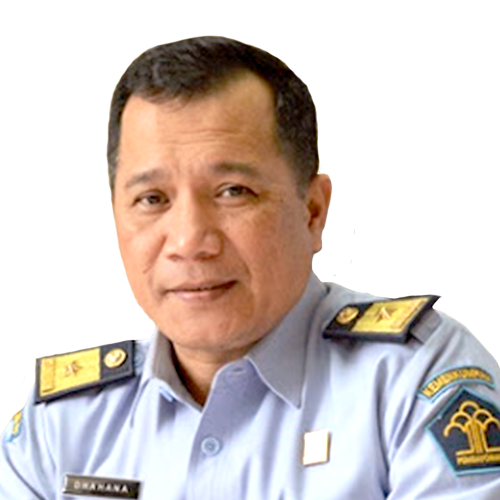
Dhahana Putra
Welcome Remarks
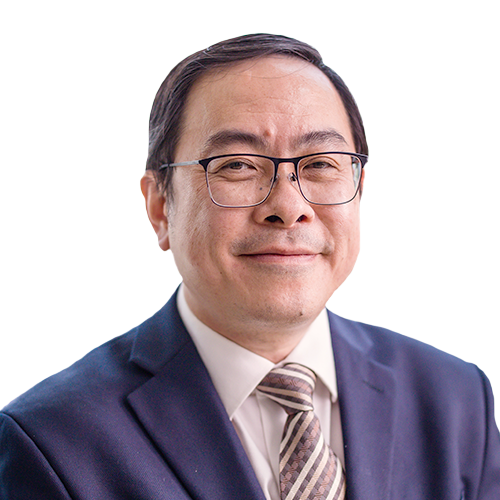
Matius Ho
Welcome Remarks
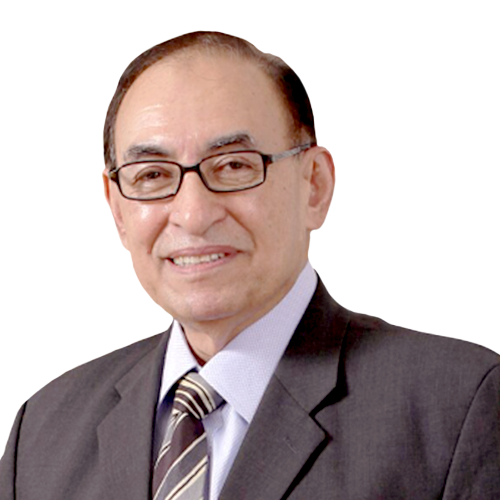
Alwi Shihab
Formal Greetings
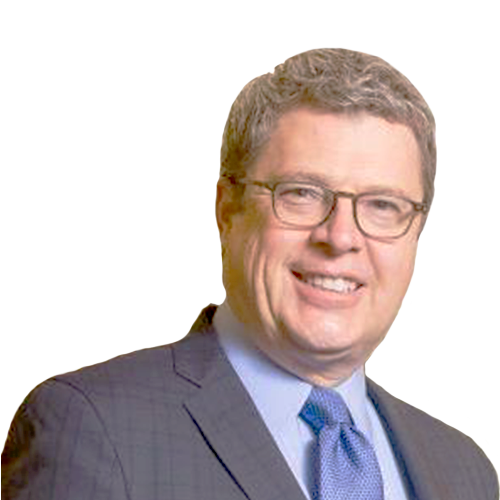
Brett Scharffs
Formal Greetings

Nadine Maenza
Formal Greetings

W. Christopher Stewart
Formal Greetings

Yasonna H. Laoly
Opening Keynote


Panel 1
Human Dignity and Rule of Law: Global and Regional Outlook

Arsul Sani
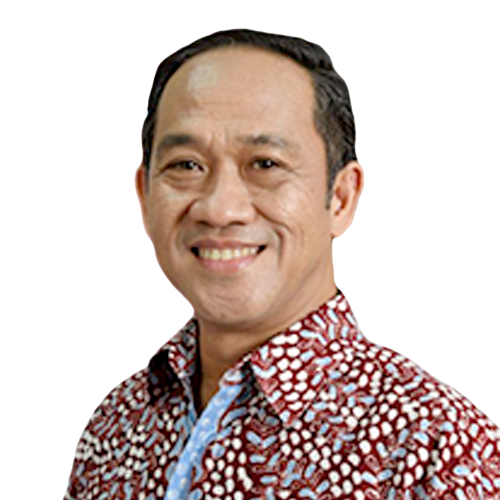
Achsanul Habib

Yuyun Wahyuningrum

Brett Scharffs
Focusing on the understanding of human dignity as the foundational principle to the Universal Declaration of Human Rights, its significance and implications in strengthening rule of law to protect and promote human rights, regionally and globally.
Panel 2
Religious Literacy to Promote Human Dignity in a Multi-faith Society
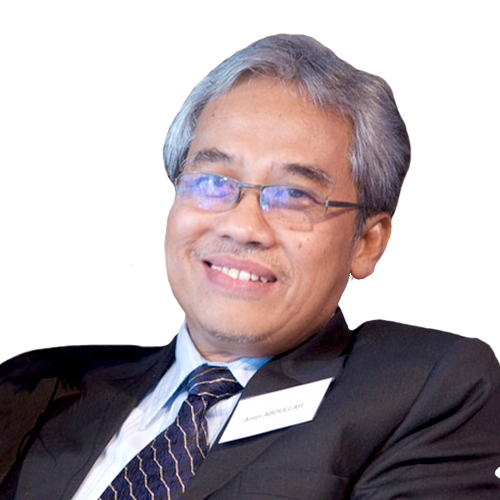
M. Amin Abdullah
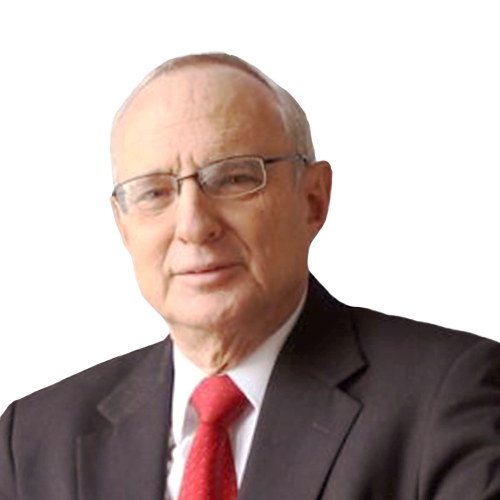
David Saperstein

Mohamed Azam Mohamed Adil

Mohamed Elsanousi
Focusing on why and how religious literacy can play an important role in promoting human dignity in a multi-faith society. Cross-Cultural Religious Literacy approach—understanding your own religion, other religions, and the common grounds for collaboration—as a creative example will also be explored.
Panel 3
The Importance of Equal Citizenship for an Inclusive and Collaborative Multi-faith Society

Bea ten Tusscher
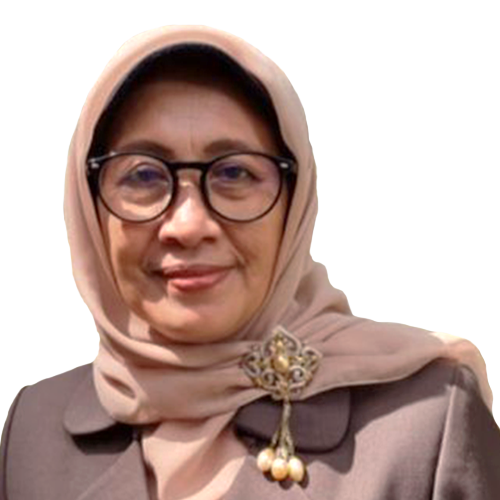
Siti Ruhaini Dzuhayatin

Tina Mufford

Greg Mitchell
Focusing on the importance of equal citizenship to foster a peaceful, inclusive and collaborative multi-faith society—particularly from the perspective of equal dignity of every human being—and how it is fundamental to the understanding and exercise of rights and responsibilities of each individual in such a society.
Reception

Muhadjir Effendy
Special Keynote





Panel 4
Building Peaceful and Inclusive Multi-faith and Multi-cultural Societies in the ASEAN Community: Towards Post-2025 Vision

Robert Matheus Michael Tene

Sidharto R. Suryodipuro

Ahmad Azam Ab Rahman

Cole Durham
Focusing on the development of ASEAN Community’s Post-2025 Vision in building peaceful and inclusive multi-faith and multi-cultural societies in one of the most diverse regions in the world. As religious diversity is an important feature of the region, global challenges identified through religious engagement will also be explored.
Panel 5
Religious Engagement in Facing Global Challenges to Human Dignity: Roles of Faith-based Organizations
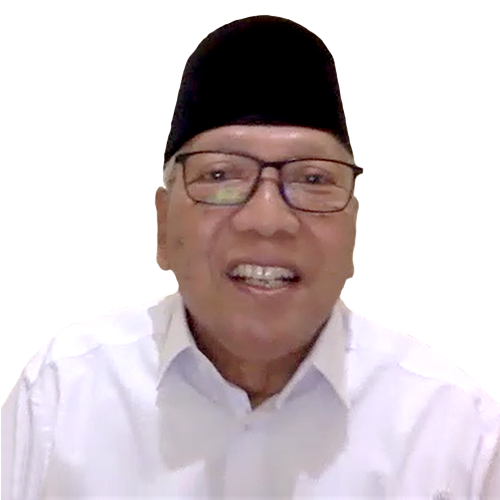
Abdul Halim Mahfudz

Abdul Mu’ti
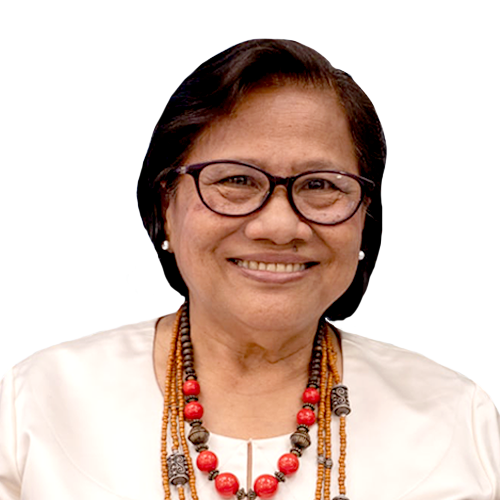
Henriette T. Hutabarat-Lebang
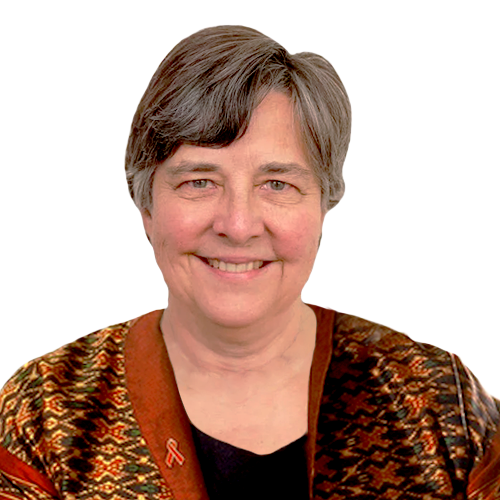
Katherine Marshall

Renee Hattar

Samia Huq
Focusing on the roles of faith-based organizations as leaders to address various issues undermining human dignity through religious engagement in communities, their importance and whether and how they can be further integrated into national and international efforts to promote human dignity and fundamental human rights.
Breakout Sessions
Breakout Sessions A
- The role of the Ministry of Law and Human Rights, CQ DJHAM in handling alleged human rights violations

Pagar Butar Butar
Speaker
2. Developing and Promoting Equal and Inclusive Citizenship Model: Experiences from the US and Around the World

Greg Mitchell
Speaker

Nadine Maenza
Speaker

Muhammad Hafiz
Moderator
3. “Teachers of Tomorrow”: Preventing Violent Extremism Among Teachers in Jordan

Renee Hattar
Speaker

Yayah Khisbiyah
Moderator
5. Cross-Cultural Religious Literacy in the ASEAN Community

Achsanul Habib
Moderator
Breakout Sessions B
- Developing and Promoting Equal and Inclusive Citizenship Model: Experiences from the US and Around the World

Greg Mitchell
Speaker

Nadine Maenza
Speaker

Muhammad Hafiz
Moderator
2. Religion and Rule of Law Certificate Training Program: A Case Study from Vietnam and other Countries

James Chen
Speaker
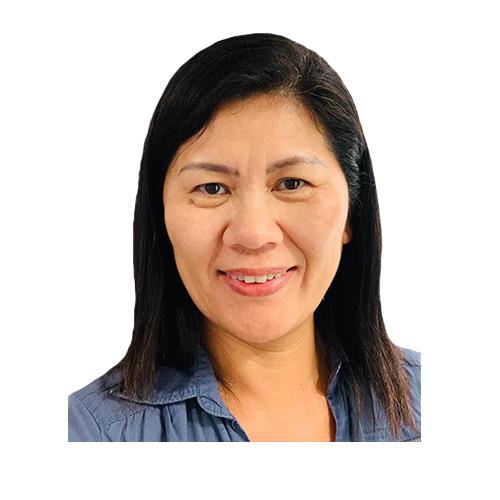
Hien Vu
Speaker

Do Lan Hien
Speaker

Jasminto
Moderator
3. Religion and Human Trafficking

Harniati
Speaker
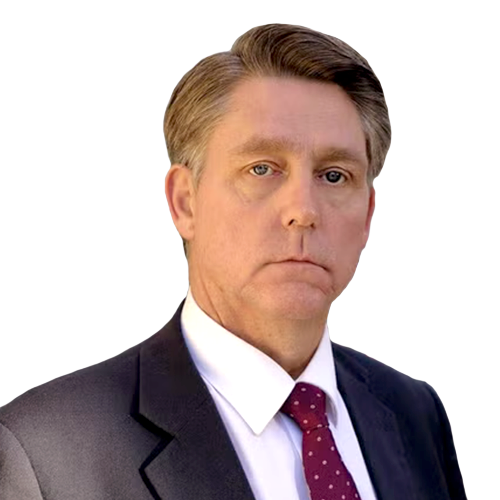
Kevin Hyland
Speaker
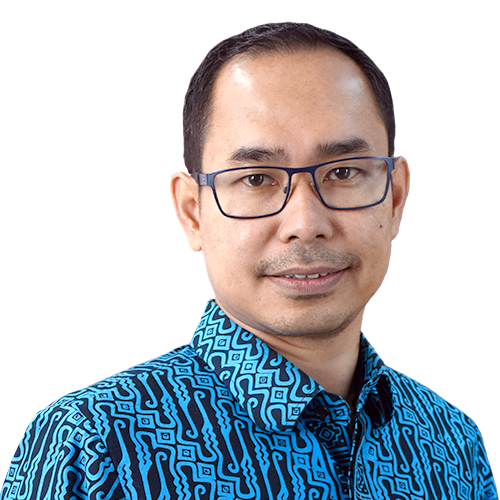
Judha Nugraha
Speaker
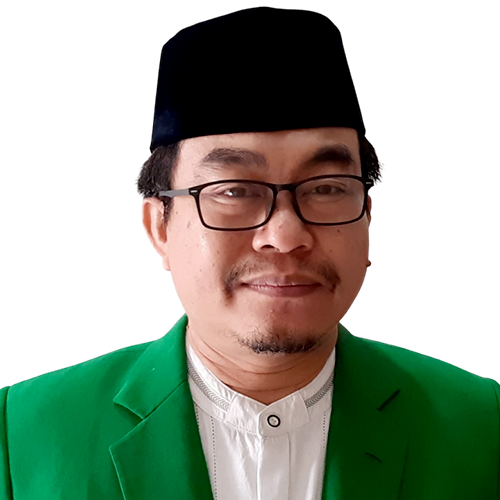
Ishaq Shamad
Moderator








